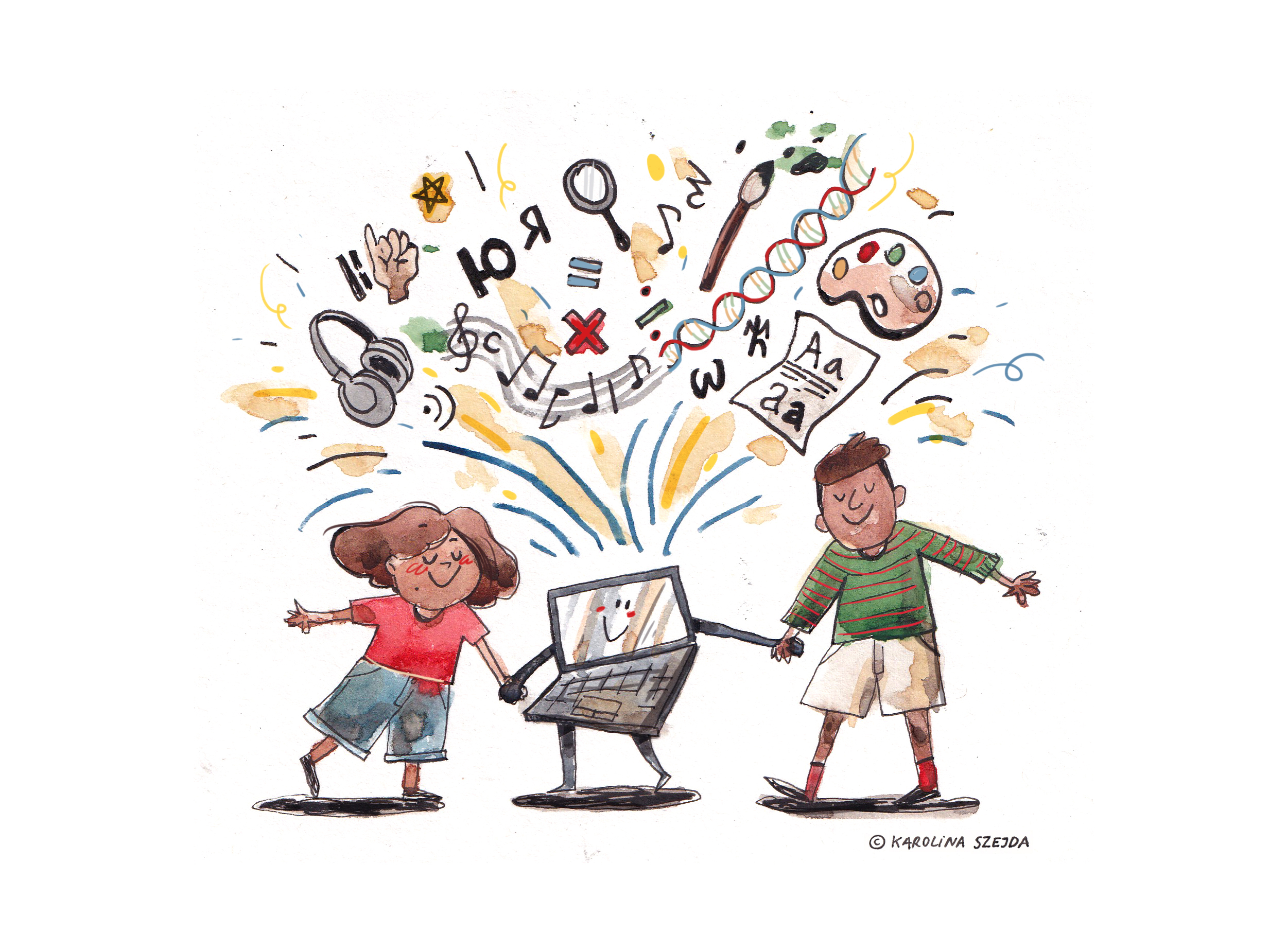BEIN PROJECT
Overview
Migration and displacement can profoundly affect children’s education, requiring systems to accommodate those who move and those left behind (UNESCO, 2019).
The rationale of the BEIN project is grounded in the pressing need for continued commitment to research-based evidence on teacher education and training to ensure that this group of learners is appropriately supported and committed to the idea of an inclusive school in the heart of European values.
The consortium established for this project involves seven Higher Education Institutions from seven different European Countries (Belgium, Lithuania, Netherlands, Portugal, Spain, Turkey and UK).
Project Aims
The specific aims of this project are:
• To identify the competencies pre-service teachers need for the social inclusion of migrants and refugees in early childhood education.
• To work collaboratively to create innovative and engaging training course multimedia materials, that share common understandings of the positive response to diversity across Europe.
Expected results
A range of MULTIMEDIA MATERIALS, informative and formative, was conceived as materials that can be used in teacher training processes in the different European faculties and schools. So, The main result of this project is a BLENDED LEARNING COURSE, for pre-service and in-service early childhood educators and primary teachers to improve their ability to promote the inclusion of migrant and refugee children (3 to 8 years old) in ECE settings.
resources.
Focus Group Research Report
You can click the link and download the report.
Videos
Some videos about the project
Articles
Articles about the project will be added here.
Our team.
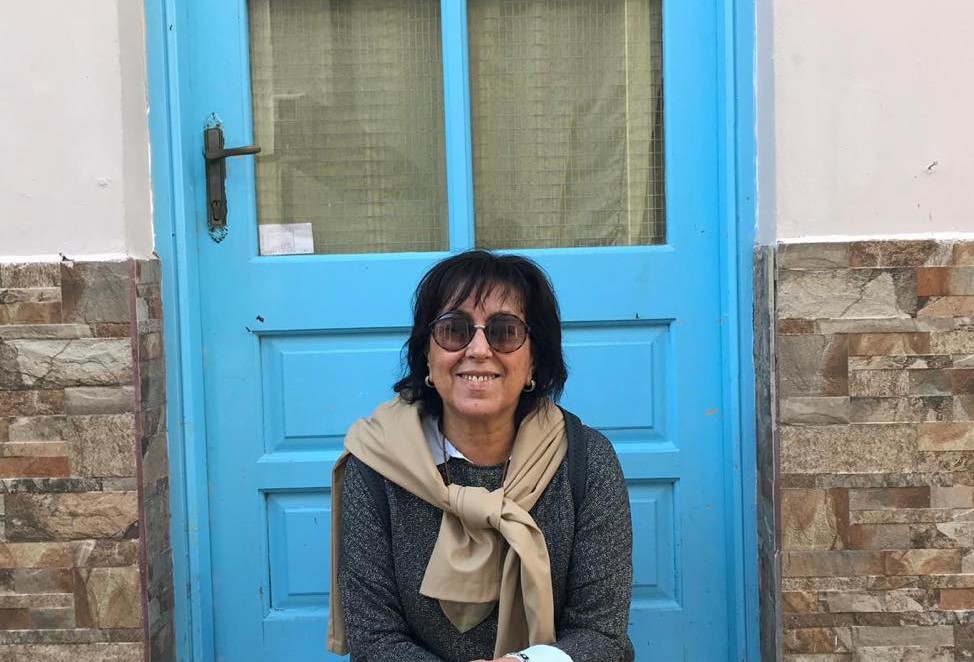
Ana Sarmento Coelho
Polytechnic Institute of Coimbra - Coimbra Education School
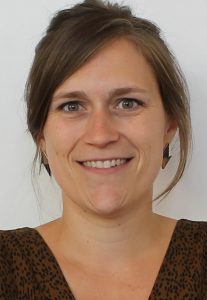
Celine De Vos
VIVES University
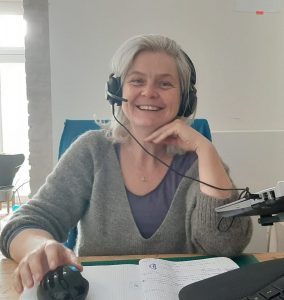
Els Vanobberghen
VIVES University
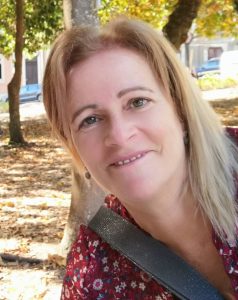
Maria Madalena Bapista
Polytechnic Institute of Coimbra - Coimbra Education School
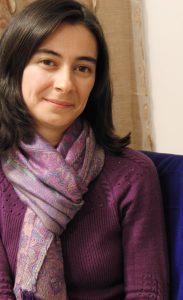
Joana Chélinho
Polytechnic Institute of Coimbra - Coimbra Education School
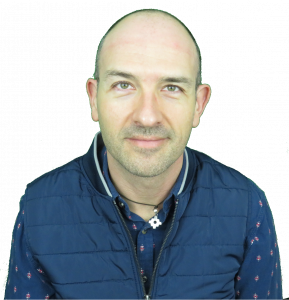
Juan Gonzalez
The Universitat de Girona
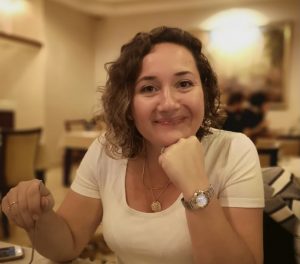
Sinem Güçhan Özgül
Balıkesir University
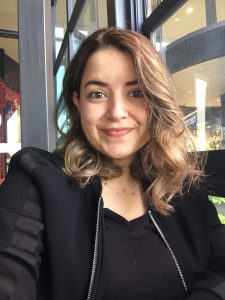
Nazlı Ruya Bedizel
Balıkesir University

Abidin Mısırlı
Balıkesir University
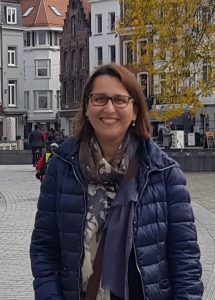
Gözde Akyüz
Balıkesir University
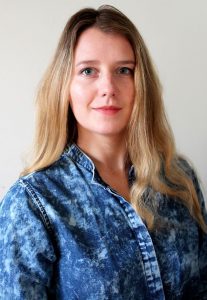
Vaiva Chockevičiūtė
Vilniaus Kolegija
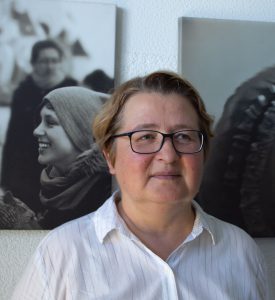
Ausra Simoniukstyte
Vilniaus Kolegija
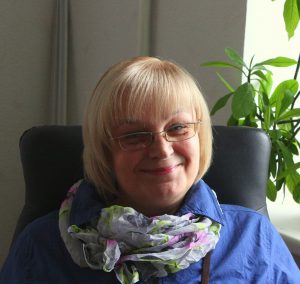
Ingrida Stankevičienė
Vilniaus Kolegija

Jan Hoving
Hanze University
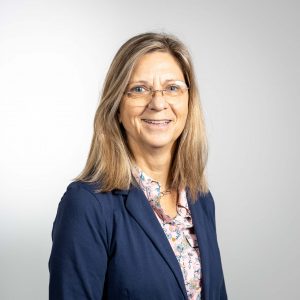
Ali Wit
Hanze University
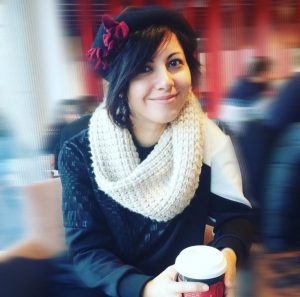
Güliz Şahin
Balıkesir University
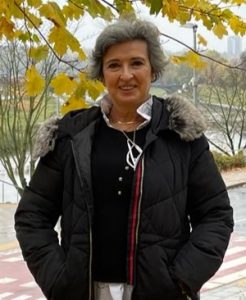
Vera Vale
Polytechnic Institute of Coimbra - Coimbra Education School
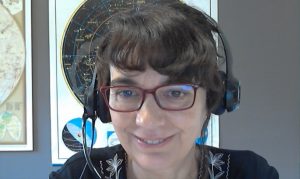
Marta Peracaula Bosch
The Universitat de Girona
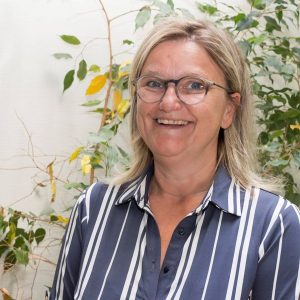
Els Callens
VIVES University
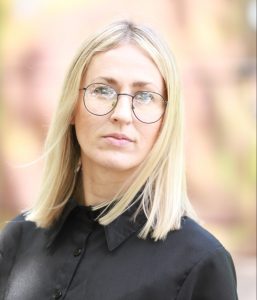
Dovilė Miknaitytė
Lecturer, Erasmus coordinator Vilnius University of Applied Sciences

Carl Luke
University of Northumbria

Rafel Mayer
The Universitat de Girona
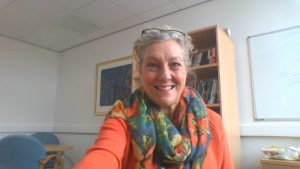
Karen Hudson
University of Northumbria
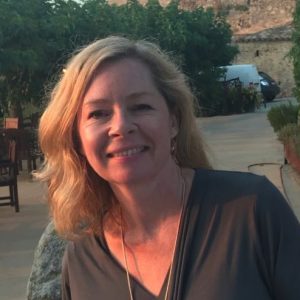
Lucy Barker
University of Northumbria
7
Countries
7
Universities
24
Academician
42
University Students
BL COURSE
The BL course can be used in pre-service and in-service training but also in vocational training of practitioners that work in ECE and should be able to be integrated into the initial teacher training of any European university, as a complementary subject to the current training. Blended-learning modality (1/3 synchronous time with teacher) must be mediated by a trainer of trainers, who guides the learning process and guides the moments of interaction between the learners. The course is divided into seven thematic units.

Towards Inclusion
The BL course can be used in pre-service and in-service training but also in vocational training of practitioners that work in ECE and should be able to be integrated into the initial teacher training of any European university, as a complementary subject to the current training. Blended-learning modality (1/3 synchronous time with teacher) must be mediated by a trainer of trainers, who guides the learning process and guides the moments of interaction between the learners. The course is divided into seven thematic units.

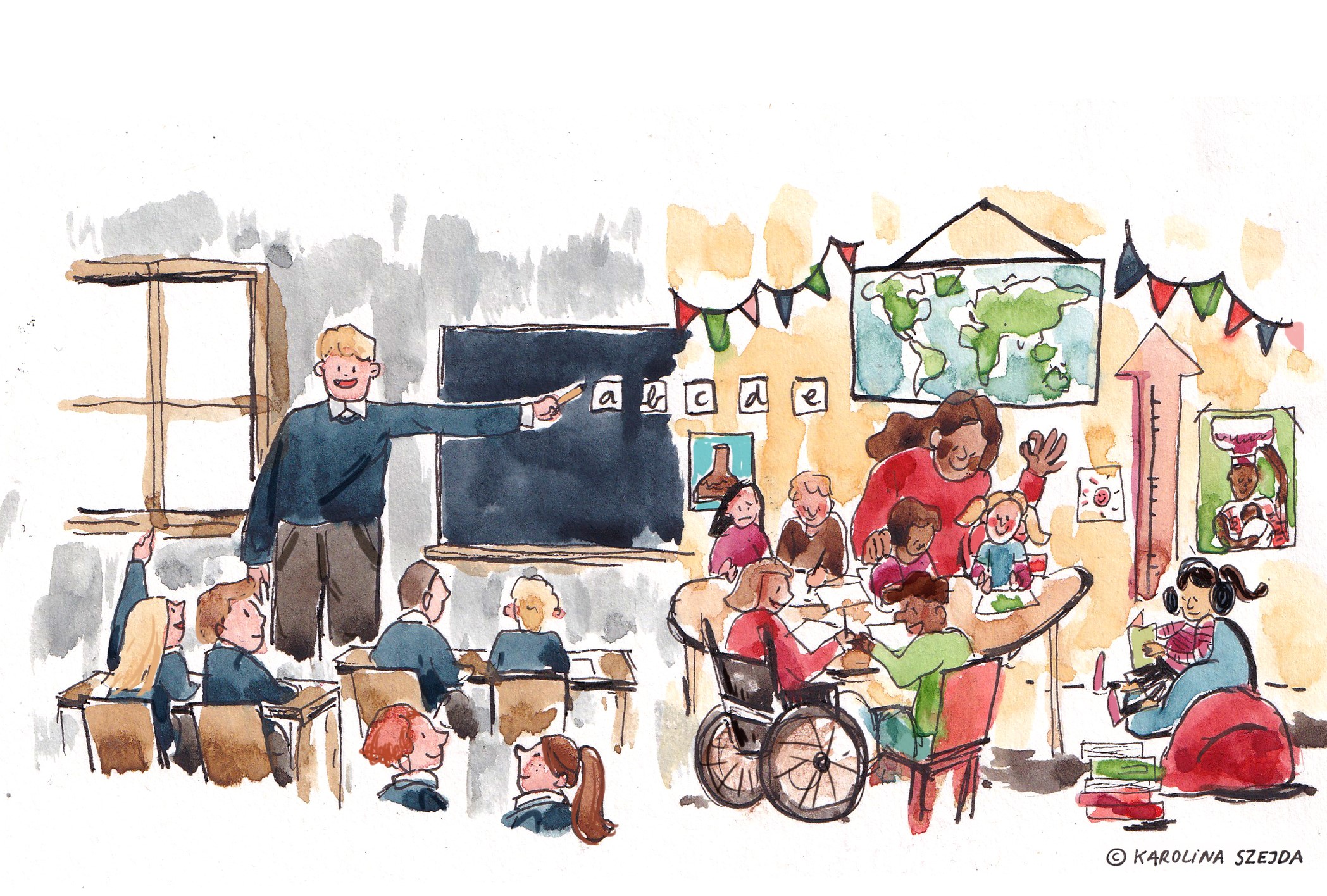
Intercultural Competence
The aim of the module is to develop the knowledge and understanding of intercultural communication theoretical background to develop and improve intercultural sensitivity as a must-have feature for the inclusive teachers working with refugee/migrant children.
Children’s Needs and Welbeing
This module is centered around the needs of (refugee) children in order to do well at school: Safety, a stable environment, parents, a good school with well-trained teachers, these are important themes in this module.


School Family Alliance
Families and schools are connected through the child. They may have different expectations and a lot of questions, but they need each other. Working on mutual trust and a warm relation is the starting point. Reciprocity is crucial. It requires extra attention from the school and the teachers to get to know the families and to support them in new contexts.
Pedagogical approaches
Migrant and refugee children speak multiple languages and will be examined how we develop an effective pedagogy for second language learners. We will be set within the context of Universal Design for Learning (UDL).


Learning Environments:
Learning Environments designed to discuss and learn about the characteristics of an inclusive, welcoming learning environment, to explore current experiences and to know the features that an inclusive learning environment should have in order to be able to create an and adapt an acceptant space for refugee/migrant students.
Inclusive Technologies
Knowing and understanding the theoretical background of inclusive technologies as well as their advantages and disadvantages and recognizing and using the appropriate tools, applications, and other materials for the social inclusion of immigrants/refugees.
